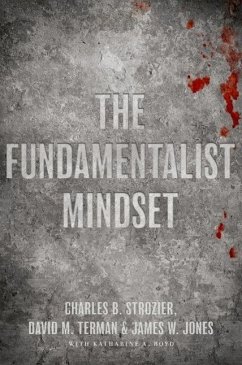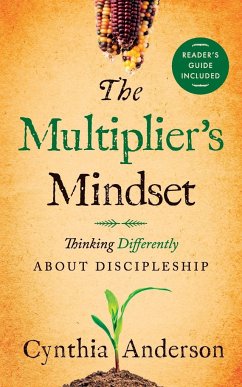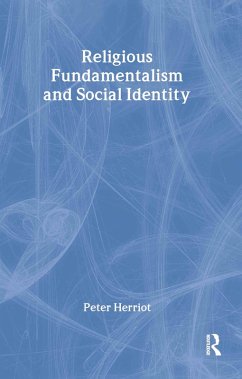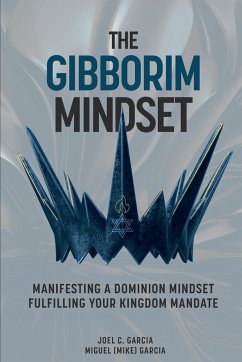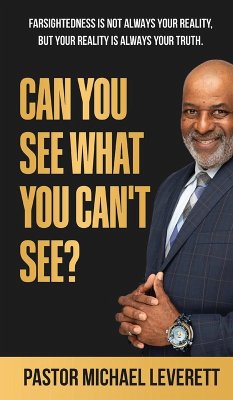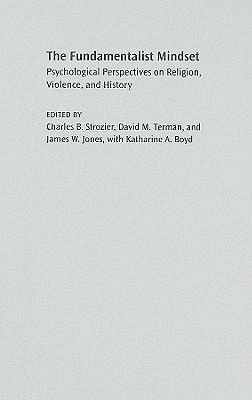
The Fundamentalist Mindset
Psychological Perspectives on Religion, Violence, and History
Versandkostenfrei!
Versandfertig in 1-2 Wochen
97,99 €
inkl. MwSt.

PAYBACK Punkte
49 °P sammeln!
This penetrating book sheds light on the psychology of fundamentalism, with a particular focus on those who become extremists and fanatics. What accounts for the violence that emerges among some fundamentalist groups? The contributors to this book identify several factors: a radical dualism, in which all aspects of life are bluntly categorized as either good or evil; a destructive inclination to interpret authoritative texts, laws, and teachings in the most literal of terms; an extreme and totalized conversion experience; paranoid thinking; and an apocalyptic world view. After examining each of these concepts in detail, and showing the ways in which they lead to violence among widely disparate groups, these engrossing essays explore such areas as fundamentalism in the American experience and among jihadists, and they illuminate aspects of the same psychology that contributed to such historical crises as the French Revolution, the Nazi movement, and post-Partition Hindu religious practice.
The violent potential of fundamentalism grips the imagination of all thoughtful observers. The Fundamentalist Mindset explores the theoretical foundations of contemporary and historic forms of religious, political, and social extremism. But the book is more than theory. It examines fundamentalism in contexts as varied as the American experience, Al-Qaeda, the French Revolution, and the Nazis.



